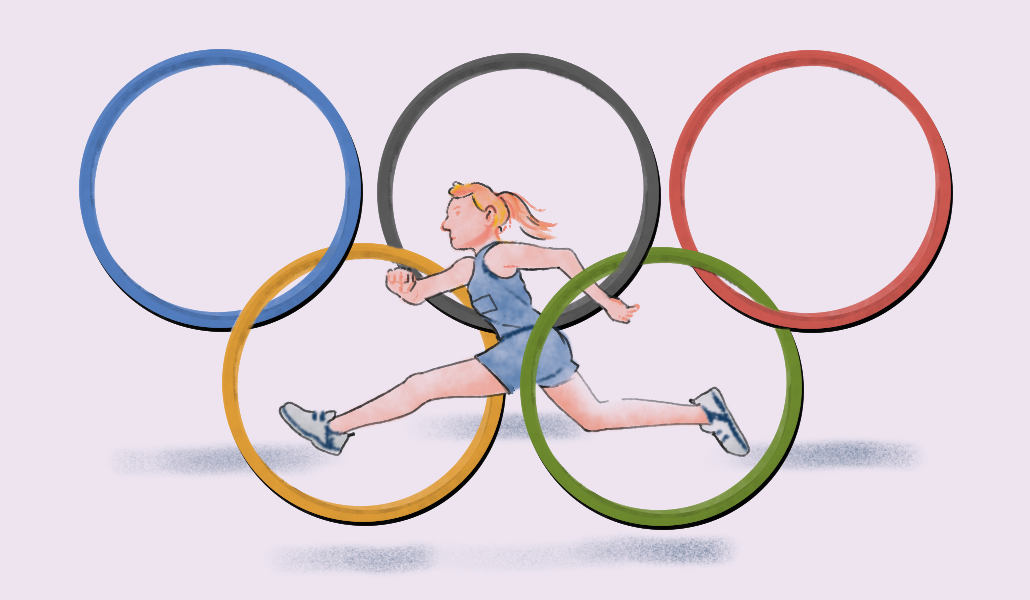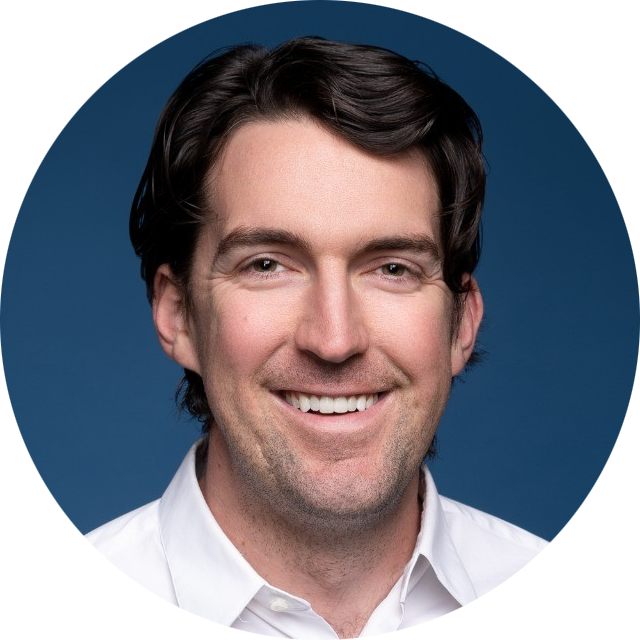Why EY, Visa are offering programs to attract athletes, ex-Olympians

It’s no secret that the skills instilled in professional athletes are transferable to the workplace. And with the Olympics Opening Ceremony kicking off today, Jul. 26., savvy employers will be eyeing future potential talent.
Companies like EY and Visa are among them. Both have extensive athlete programs that welcome this talent into their workforces. For them, tapping top athlete talent and helping them transition seamlessly into corporate workplaces once they’ve retired from professional sports, is a no-brainer.
Athletes are disciplined, collaborative and deadline-driven. They usually have excellent time management, public speaking and interpersonal skills that lend themselves to a successful career. WorkLife previously reported on whether athletes perform as well in the workplace as they do in the field. The answer: yes, they usually do. In fact, student-athletes typically see a 60% increase in salary growth, while non-athletes only saw a 45.3% increase, according to data from workforce intelligence platform Revelio Labs.
Here’s a deeper look at EY and Visa’s athlete charm offensives.
EY’s Athlete Program
With the talent landscape continuously changing, EY has looked outside of the corporate world to pinpoint the important leadership potential of elite athletes. Over the past few years, EY has helped the global athlete community through its athlete program, by advancing thought leadership, promoting athlete dialogue and supporting the transition of athletes into a successful life after sport.
Dan Black, EY global talent strategy and organizational effectiveness leader, says that the program started after the 2016 Olympics in Rio, where they quickly realized it could be a way to widen their talent pool.
“There’s always been this realization that there’s got to be other great talent out there that we can attract to the firm,” said Black. “Then, after Rio, we were like ‘these are some really talented folks, there has to be a way that life after sport could be at EY.’ Those two things were the genesis.”
The program first started on a six-month internship basis, focused on women in particular across the globe. Fast-forward to today, and EY counts 75 elite athletes among its workforce. That’s in part because of the career readiness program that the athlete program offers. Now, it’s a 12-week program that upskills athletes to make them career-ready with two learning tracks: emerging leaders and tech.
Globally, 42 athletes joined the career readiness program and two have been hired recently, with their start dates coinciding with the 2024 Olympics kick-off. Another three candidates from the program are in the interview process.
Another model EY offers is the recruiter academy, where athletes are fully immersed for a year and are on a rotation with different functions like early career recruiting and executive recruiting.
“We gave athletes that experience and we did so well that it’s supposed to be for a year, but by month eight, the teams were like ‘can we just have them?’” said Joice Maduaka, EY global lead of athlete programs and an ex-Olympian herself. “They’ve changed the culture of our teams. We’re always looking for those places where we can give athletes that space and grace to learn.”
Visa Champions
Similarly, Visa has a Visa Champions program that also allows Olympic athletes to have successful careers beyond professional sports. The average retirement age for a professional athlete is around 30 years old, according to RBC Wealth Management. That leaves an extensive number of working years ahead of them, and for those who aren’t interested in, or suited to, sports punditry – figuring out what’s next can be a struggle.
Visa views the many years that these men and women dedicate to their sports as an advantage. The athlete’s commitment to leadership, discipline, teamwork, and maintaining high personal standards align with the qualities and values Visa seeks in its workforce. This led Visa to create the Visa Champions program – a two-year rotational program that recruits, trains, and empowers former athletes to find gainful employment in the corporate world.
Since its inception in 2017, the program has integrated dozens of former athletes from diverse sports backgrounds including the NFL, Olympics, Paralympics, MLS, and WNBA. Graduates of the program have become some of the highest-performing members of their teams. Their work spans departments including business development, fintech partnerships, marketing, communications, product management, and risk assessment.
That’s in part thanks to the extensive program where participants receive one-to-one career coaching to navigate their new career paths, tailored rotation assignments that leverage their skills, and biannual learning and development weeks to hone new skills and knowledge.
“Teamwork, discipline, exacting standards, and the ability to perform under intense pressure,” said Andrea Fairchild, svp of global sponsorship strategy at Visa. “These are just a few of the intangibles that elite-level athletes spend their lives cultivating. They’re also qualities our Visa Champions program participants embody in their professional lives after sport.”
Other ways to leverage this cohort
With larger companies, it’s easy to build programs that attract athletes in a unique way. However, there are several other ways to tap into this cohort, ranging from positioning yourself as a company that helps athletes navigate a new career path to helping transfer skills.
We spoke to Mike Donohue, a former Olympic-level rower who lived in the Olympics Training Center for three years and competed in three World Championships. Today, he’s responsible for driving overall sales strategy and execution at Gupshup, a conversation cloud platform.
For him, he looks at leadership and coaching in a very similar way in that both a great coach and boss can inspire a team. When a company has great leaders, it will help retain former athletes who are looking for a similar mentor-mentee relationship they had while playing sports.
“They set the tone for the team,” said Donohue. “I think it’s one of the most important things you can focus on. It’s the same in both arenas: does this person know how to win? Do they believe in winning? Do they create a winning culture? Are they optimistic? Do they bring people together? Those are all aspects that are really important in leadership.”
Additionally, when a company builds high-performance teams, an athlete will also feel at home in that they feel challenged and all working towards similar goals.
“You want to perform at the highest individual level, but it’s not fun doing that unless you’re on a high-performing team and you’re winning together,” said Donohue. “No one likes to be really great on a low-performing team. You want to win together with the team.”
Donohue continues to participate in sports, sailing competitively on the weekends. “You can find something in your local community and pursue doing it at a high level,” said Donohue. “I learned so much about building teams and management through this. The only way to win is to create a great culture and get folks to buy into the team aspect.”


